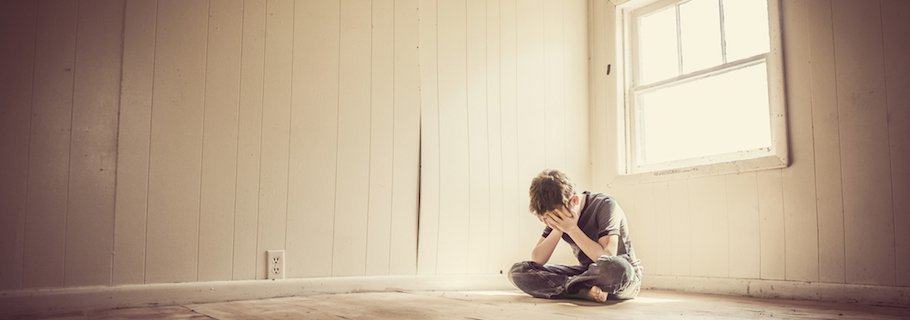I’ve heard it said that there are three kinds of culture in the world, each defined by its predominant worldview. There are cultures of shame, cultures of fear, and cultures of guilt, and each of them has their own way of pressuring people to behave or to conform to society.
In a shame culture your standing before other people depends on your level of shame or honor. It’s like there is an imaginary scale that has shame on one side and honor on the other and the things you do, the things you say, and the ways you behave can tip the scale in one direction or the other. If you have been shamed, the way to recover your reputation is to do something that will restore your honor. A couple of years ago we saw an example of this in Ontario when a Muslim father took action to restore his honor. His daughters had been rebelling against him by drifting from Islam and embracing Western values. This shamed him in the eyes of his community and he responded by murdering all three of his girls in what is known as an honor killing. He deemed this act necessary to restore his honor. And, indeed, within his own community it did.
In a fear culture your standing depends on your level of fear or power. These cultures are usually tribal and animistic and they pressure you with the fear of consequences meted out by supernatural spirits. The way to overcome fear is to gain power—power over those spirits and, through them, power over other people. You can do this through curses, incantations, charms, or even sacrifices. Each of these is a means to draw power from those supernatural forces, those angry spirits, and in that way to gain power over people. Fear is what controls people and forces them to conform to the culture around them.
In a guilt culture your standing depends on your level of guilt or innocence. These cultures are obsessed with justice, with keeping people in-check with standards of right and wrong. So from their earliest days children are taught to follow the rules and are told they will be innocent if they obey those rules or guilty if they disobey them. Adults are kept in-check with endless lists of laws and, when offended, are quick to bring charges against other people in the hope that they will be found guilty. Every person experiences the desire to avoid guilt and protect innocence.
So we have shame cultures where a scale runs from shame to honor, we have fear cultures where a scale runs from fear to power, and guilt cultures where a scale runs from guilt to innocence. And, in fact, most cultures draw components from all three. One will be predominant but there will be elements of the others. You will probably recognize that here in the West we are predominantly a guilt culture with some elements of shame (think of social media shaming as a means to conformity) and fear (think of the surprising rise of karma and “paying it forward” as controlling forces). You will probably recognize as well that the way a culture acknowledges right or wrong standing before people is the way they will acknowledge right or wrong standing before God.
One fascinating thing to consider is that all three of these cultures are previewed in the Bible—at the very beginning of the Bible, even. The third chapter of Genesis tells how humanity ended up so full of sin and trouble. Here we read of the first human beings rebelling against God and we learn that there are consequences to their rebellion. No sooner do they sin than they experience shame, symbolized in the sudden knowledge that they are naked and their desire to cover themselves. They experience fear as they run and hide from God, desperate to escape his gaze. They experience guilt, knowing that they have gone from innocent to guilty in the eyes of God. In every case they were right—they had every reason to experience shame, fear, and guilt because they had behaved shamefully, they had offended a powerful being, and they had become objectively guilty of a divine law.
The gospel speaks to every person in every culture and addresses their every need.
But just as the Bible describes how all three of these are consequences to human rebellion, it assures us that the gospel provides the perfect solution. The gospel addresses shame by telling how Christ was shamed on our behalf to restore our honor. The gospel addresses fear by telling how Christ has defeated every power and how he even gives his power to us. And the gospel addresses guilt by assuring us that Christ took our guilt upon himself so he could give us his innocence. The gospel removes shame, it removes fear, and it removes guilt, it restores honor, it restores power, it restores innocence. The gospel speaks to every person in every culture and addresses their every need.
For more on the three kinds of culture, you may be interested in this brief article from Power to Change. Image credit: Shutterstock










